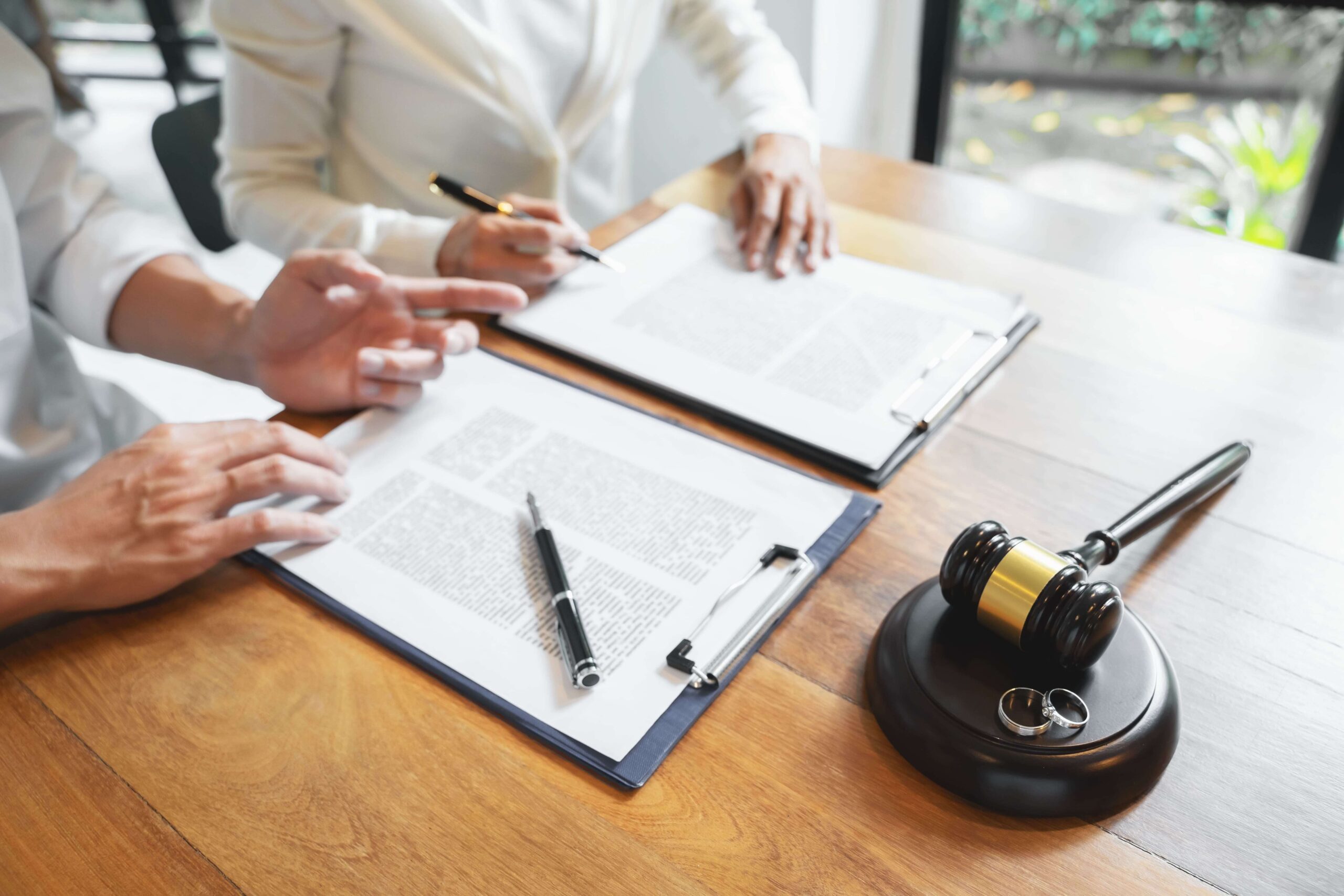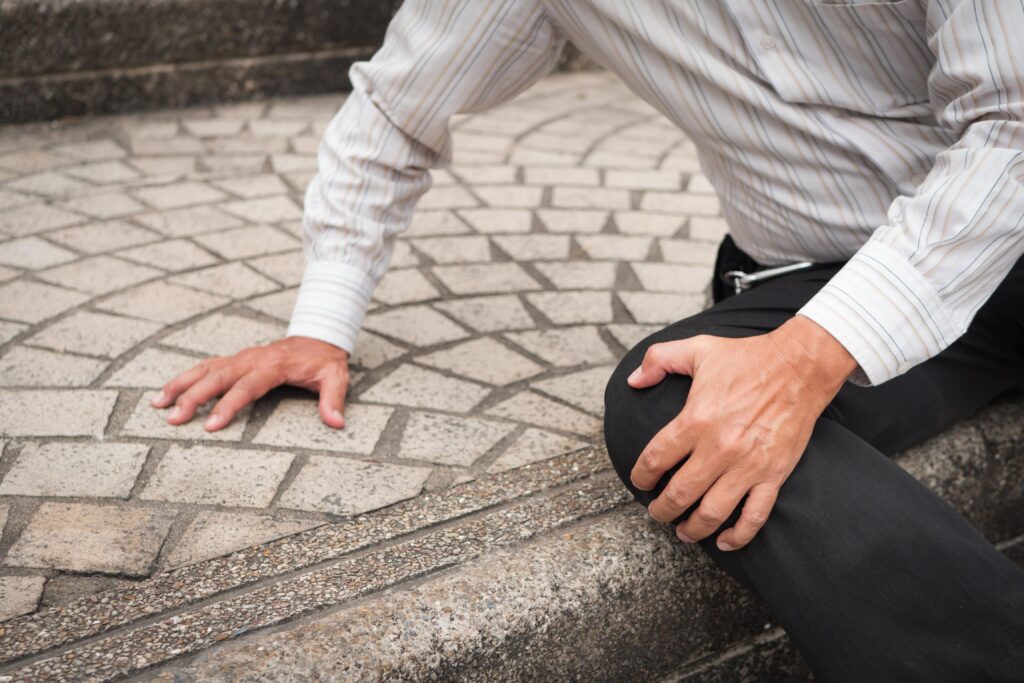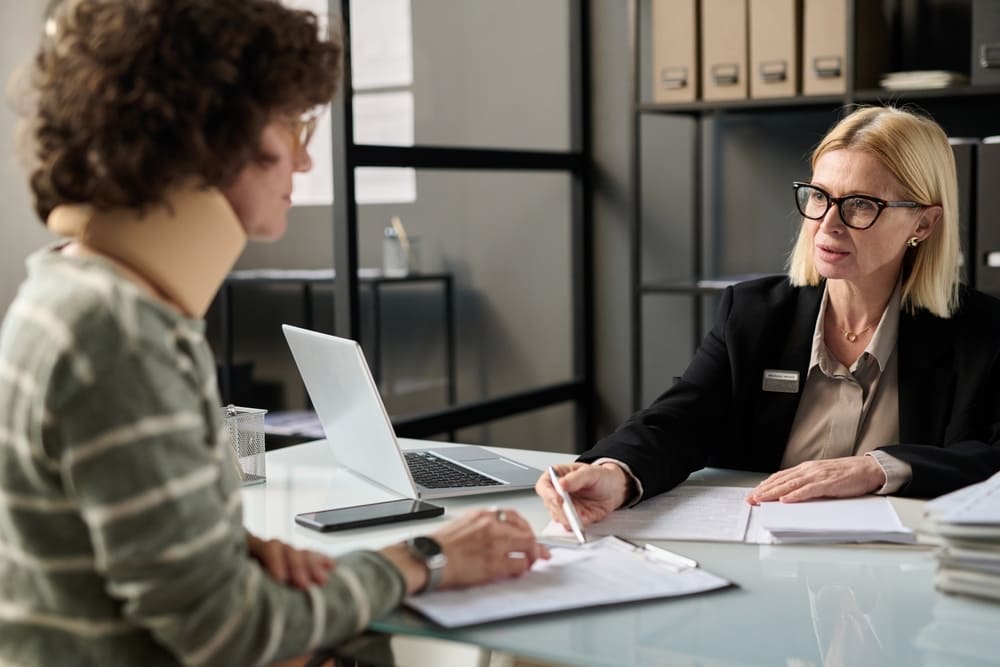Slip and fall accidents are unfortunately common, with more than 800,000 people hospitalized each year in the United States due to injuries sustained from these types of incidents, according to the National Safety Council. While slip and fall injuries are widespread, winning a slip and fall case can be challenging, as it requires proving certain factors, such as negligence and the direct impact of the accident on the victim’s life.
It’s essential to understand that not all slip and fall accidents lead to a successful case. Many people wonder, “are slip and fall cases hard to win?” The short answer is yes, but with the right legal team by your side, your chances of securing compensation increase significantly. This is why it’s crucial to work with experienced premises liability lawyers who understand the complexities of these cases.
How Common Are Slip and Fall Accidents?
Slip and fall accidents are a leading cause of injuries across the United States. According to the National Safety Council (NSC), falls accounted for 8.4 million ER visits in 2023, making them the top cause of nonfatal injuries. These incidents are particularly concerning for older adults, who make up 35% of fall-related ER visits.
In the workplace, slips, trips, and falls are a major cause of injury, with 23% of workplace accidents resulting from these incidents. In 2023, 867 fatalities were reported due to workplace falls, according to the Bureau of Labor Statistics (BLS).
Here are some of the most common causes of these accidents:
- Slips: Wet floors, icy surfaces, spills, and freshly waxed floors.
- Trips: Cluttered walkways, uneven pavement, loose cords, and poor lighting.
- Falls: Missteps on stairs, falling from heights, and tripping over objects.
For more information about the leading causes of slip and fall accidents, visit our blog discussing the 10 leading causes of slips, trips, and falls.
What Should You Do After A Slip and Fall Accident?
If you’ve been involved in a slip and fall accident, it’s essential to take the right steps to protect your health and legal rights. Here’s a quick guide:
- Seek Medical Attention: Even if you feel fine, it’s important to get checked by a healthcare professional to document any injuries.
- Report the Incident: Notify the property owner or manager about the accident, and make sure an incident report is filed.
- Document the Scene: Take photos of the hazardous condition that caused the fall, and gather contact information from any witnesses.
- Preserve Evidence: Keep all records of medical treatments, expenses, and time lost from work. This will be vital for your case.
- Consult an Attorney: Speak with a premises liability lawyer to understand your rights and determine if you are entitled to compensation.
For a detailed guide, check out our What to Do After a Slip and Fall Accident blog.
Who Is Liable In An Accident?
In a slip, trip, or fall accident, liability typically falls on the property owner or occupier. They are responsible for maintaining a safe environment and addressing hazards like wet floors, uneven pavement, or poor lighting. If the property owner knew or should have known about a dangerous condition and failed to address it, they can be held liable for your injuries.
Other parties, such as tenants, business owners, or contractors, may also share responsibility, depending on the circumstances. Understanding who is at fault is crucial for pursuing a successful claim.
For a deeper dive into how liability is determined in slip and fall cases, read our Understanding Slip and Fall Accident Liability blog.
Do Most Slip and Fall Cases Settle Out of Court?
Slip and fall accidents can result in severe injuries and financial hardship, but not all cases require a trial to reach a resolution. In fact, approximately 95% of slip and fall cases are settled out of court, often with the help of an experienced legal team. While settlement offers can provide quicker financial relief, they come with important considerations that should not be overlooked.
For a settlement to occur, evidence must show that the property owner’s negligence caused the accident—whether due to slippery floors, poor lighting, or other hazardous conditions. Your attorney can help establish this negligence and ensure that the settlement offer adequately covers your medical bills, lost wages, and pain and suffering.
The benefit of a strong legal team cannot be overstated. Lawyers can negotiate with insurance companies, ensuring you don’t settle for less than what your case is worth. Without professional legal guidance, you risk accepting a settlement that doesn’t fully compensate you for future medical costs or long-term effects of your injuries.
For more details on navigating the legal process and understanding the settlement timeline, read our full blog post: What to Do After a Slip and Fall Accident.
How Can a Slip and Fall Lawyer Help Me Win My Case?
If you’ve been injured due to unsafe conditions on someone else’s property, a premises liability lawyer can be instrumental in helping you secure compensation. Here’s how they can assist you:
- Investigate the Incident: A lawyer will thoroughly investigate the details surrounding the injury, including identifying the cause and conditions that led to the accident.
- Gather Evidence: Your attorney will collect critical evidence, such as surveillance footage, photos, and medical records, to support your case.
- Determine Liability: A premises liability lawyer will assess who is legally responsible for the unsafe conditions that caused your injury—whether it’s the property owner, manager, or another party.
- Calculate Damages: The lawyer will calculate both economic and non-economic damages, including medical bills, lost wages, and pain and suffering.
- Represent You in Court: If necessary, a premises liability lawyer can represent you in court, advocating for your rights and fighting for a fair settlement.
- Bringing in Witnesses: Lawyers can bring in expert witnesses, such as safety specialists, to support your case and demonstrate the property owner’s negligence.
- Negotiate a Just Settlement: Skilled negotiators, premises liability lawyers work to ensure you receive a fair settlement, avoiding an extended legal battle when possible.
A lawyer helps navigate the complexities of slip and fall cases, increasing your chances of a successful claim. For more details, read our full blog on How a Premises Liability Lawyer Can Help You.
What Is The Average Settlement?
The average settlement for a slip and fall case typically ranges between $30,000 and $40,000, but it can vary significantly depending on several factors. The severity of your injuries is one of the most important considerations. Serious injuries, such as broken bones, head trauma, or spinal injuries, often lead to higher settlements. Additionally, if the property owner’s negligence is clearly responsible for your accident, it can help strengthen your case and increase the settlement offer.
Other factors include medical expenses, lost wages, and non-economic damages such as pain and suffering. If your injury requires long-term medical treatment or causes you to miss work, the settlement amount may be higher to cover these losses. The more thorough and well-documented your case is—through witness testimonies, medical records, and accident scene photos—the more likely you are to receive a fair settlement.
Having a skilled attorney, like those at Friedman & Throop, is crucial in navigating the complexities of a slip and fall claim. Our team of experienced premises liability lawyers can help you gather evidence, build a strong case, and negotiate with insurance companies to secure the compensation you deserve.
If you’ve been injured in a slip and fall accident, contact Friedman & Throop today for a free consultation. We’ll review your case, help you understand your options, and fight to ensure you get the best possible outcome.



